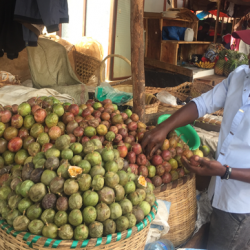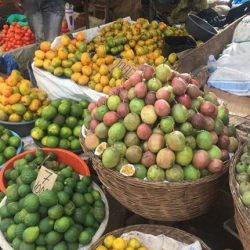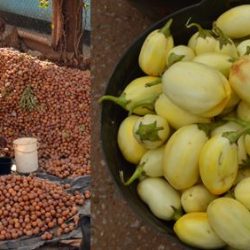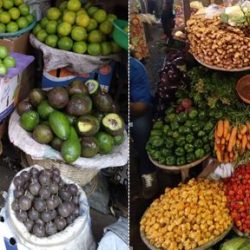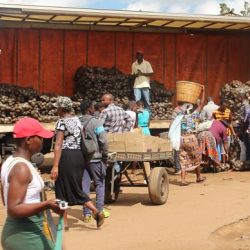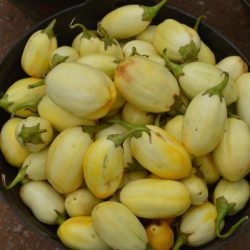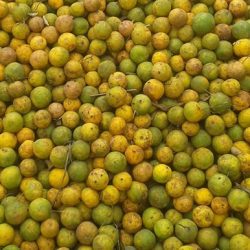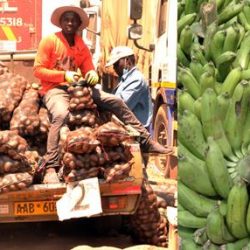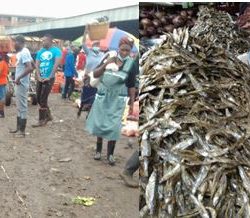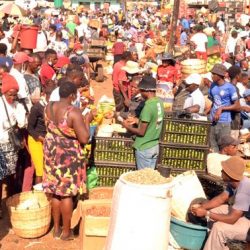The knowledge economy is redefining the meaning of agricultural extension
The knowledge economy is redefining the meaning of agricultural extension When there is nothing new to train farmers, the onus is on agricultural extension services departments to re-imagine how else they can remain relevant. This is what is happening in many African countries where farmers have either been over-trained or they have mastered enough skills Read more about The knowledge economy is redefining the meaning of agricultural extension[…]

